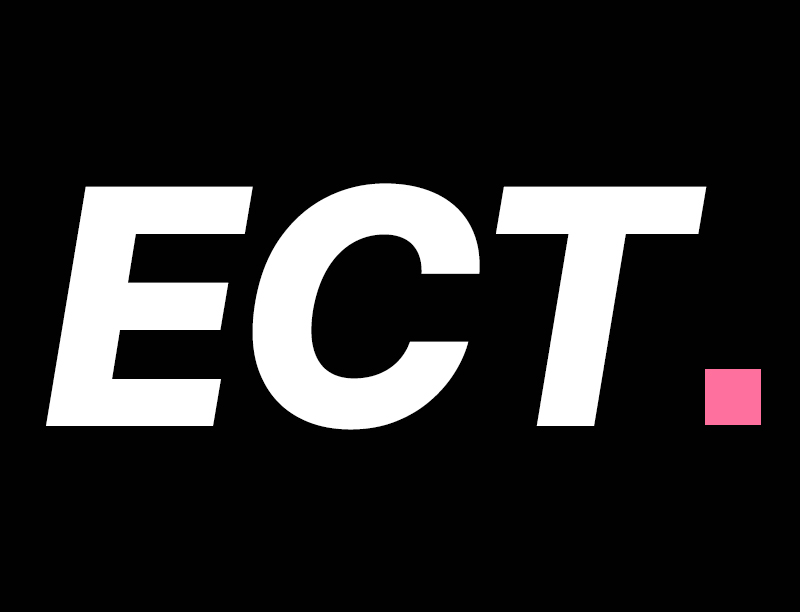No matter what stage of life you’re in, summer is always the season of fun. Even if it’s in small doses. However, one thing is certain: little moments of joy can turn into big bills.
Now this is not to say that we’re all out here racking up $20k worth of debt from treating ourselves to a pint of Häagen-Dazs to go with our Netflix binges a few times a month.
But it is safe to say that things like eating out every other day because “it’s too hot to cook” or spending extra money at Target because “it’s only $20” does add up, eventually.
This isn’t exactly an inescapable financial bind, but once you look at all the money you could’ve saved and used for something better, you begin to realize that being a little more responsible with your cash isn’t exactly a bad thing.
However, if you’re anything like me, you also don’t want to feel restricted, either! Life is all about living and splurging on things you enjoy here and there is really no big deal.
That’s why it’s best to take realistic baby steps. Summer shenanigans got you in a financial bind? No worries. Here are 4 small steps to getting your money right by next season.
Clean up the “forgettable” bills.

Think about this: have you ever been short on cash, but luckily had just enough on your debit card to fill up your gas tank, and then boom! Netflix takes $14 out of your balance? It might feel like it was random and unexpected, but baby, you just forgot about it!
These are called “forgettable bills”. It’s all in the name—forgettable bills are those small bills that we, well, forget about. It’s streaming service payments, charges that were cleared from your bank late, and even that free-trial you forgot to cancel before the 7 days was up.
It’s easy to forget bills like this because they aren’t the most important things in our day-to-day lives. We don’t forget to keep the lights on or put money away for rent—we just do.
With this in mind, think about those small bills and ask yourself this: how important are these services that I could so easily forget about them?
Here’s what to do:
- Make a list of all of them. Netflix, Apple Music, HBO Max, Afterpay, Amazon Prime—whatever you have, put it down, along with how much they cost a month.If you can’t remember everything, check your email for “welcome” or “thank you” emails and bank statements for purchases just to double-check.
- Set a budget. Forgettable, small bills will often go into the “leisure” or “miscellaneous” portion of your budget. What can you afford to spend on these things? $20? $50? Maybe nothing?Get your major bills and savings out the way and be honest about what you can do with what’s left over. This is important to do before the next step.
- Now, assess what you can comfortably get rid of. You may not like any of the movies on Hulu, but can’t live without the music on Spotify! If you know you can cut something out because you really won’t miss it, do it. Take your budget into consideration! If you have $100 worth of forgettable bills, but your budget says you can have $50, it’s time to leave some things behind.
Consider debt consolidation.
Debt consolidation is when you take out a personal loan to pay off your debt so that, instead of paying multiple debts—like credit cards, mortgage, car lease— at different rates and dates every month, you’re now just paying one fixed fee at the same time.
So for an example, let’s say you have $1000 in credit card debt, but it’s coming from 3 different cards. Unless you got all of those cards on the same day and from the same place, chances are that you’re paying different fees at different times.
This can be extremely hard to keep up with. Debt consolidation would be a small, yet hugely rewarding way to get everything on the same page.
Here’s how to tell if debt consolidation is right for you:
- If your debts don’t exceed 50% of your monthly income.
- If your credit is good enough for a low-interest credit card.
- If you can pay back your consolidation loan within 5 years.
- If you have enough money to consistently make payments.
Save — even if it means starting small.

This is going to be short and sweet: save your money. It doesn’t have to be $100 a month if you don’t yet have that kind of money. If $5 a week is all you can do, by all means, do it.
Starting small with saving money is always going to be better than not saving at all because even a few pennies can add up to a dollar if you stay consistent. Likewise, a few dollars can turn into a few hundreds or thousands over time.
You may feel like you’re not doing much at first when you’re starting with small savings, but think about it as if you’re investing in yourself. You’re worth every penny—save like it.
Revisit how you use your money.
We alluded to budgeting quite a bit here, but none of that means a thing if you don’t know how to actually do it. Here’s a clear, concise, and easy-to-follow path to successfully budgeting (even small amounts of money!) by Consumer.Gov:
Write down your expenses. Expenses are what you spend money on, big or small. Expenses include:
Bills:
- bills that are the same each month, like rent
- bills that might change each month, like utilities
- bills you pay once or twice a year, like car insurance
Other expenses, like:
- food
- gas
- entertainment
- clothes
- school supplies
- money for family
- unplanned expenses, like car repairs or medical bills
- credit card bills
You might have bills that change every month. Look at what you paid for the same month last year. You might need $200 for your gas bill in January, but $30 in July.
Write down how much money you make. This includes your paychecks and any other money you get, like child support.
Subtract your expenses from how much money you make. This number should be more than zero. If it is less than zero, you are spending more money than you make. Look at your budget to see what you do not need or what you could spend less on.
You can use your budget every month:
- At the beginning of the month, make a plan for how you will spend your money that month. Write what you think you will earn and spend.
- Write down what you spend. Try to do this every day.
- At the end of the month, see if you spent what you planned.
If you made it to the end, congratulations! You have all the tools you need to get yourself back on track, financially.







